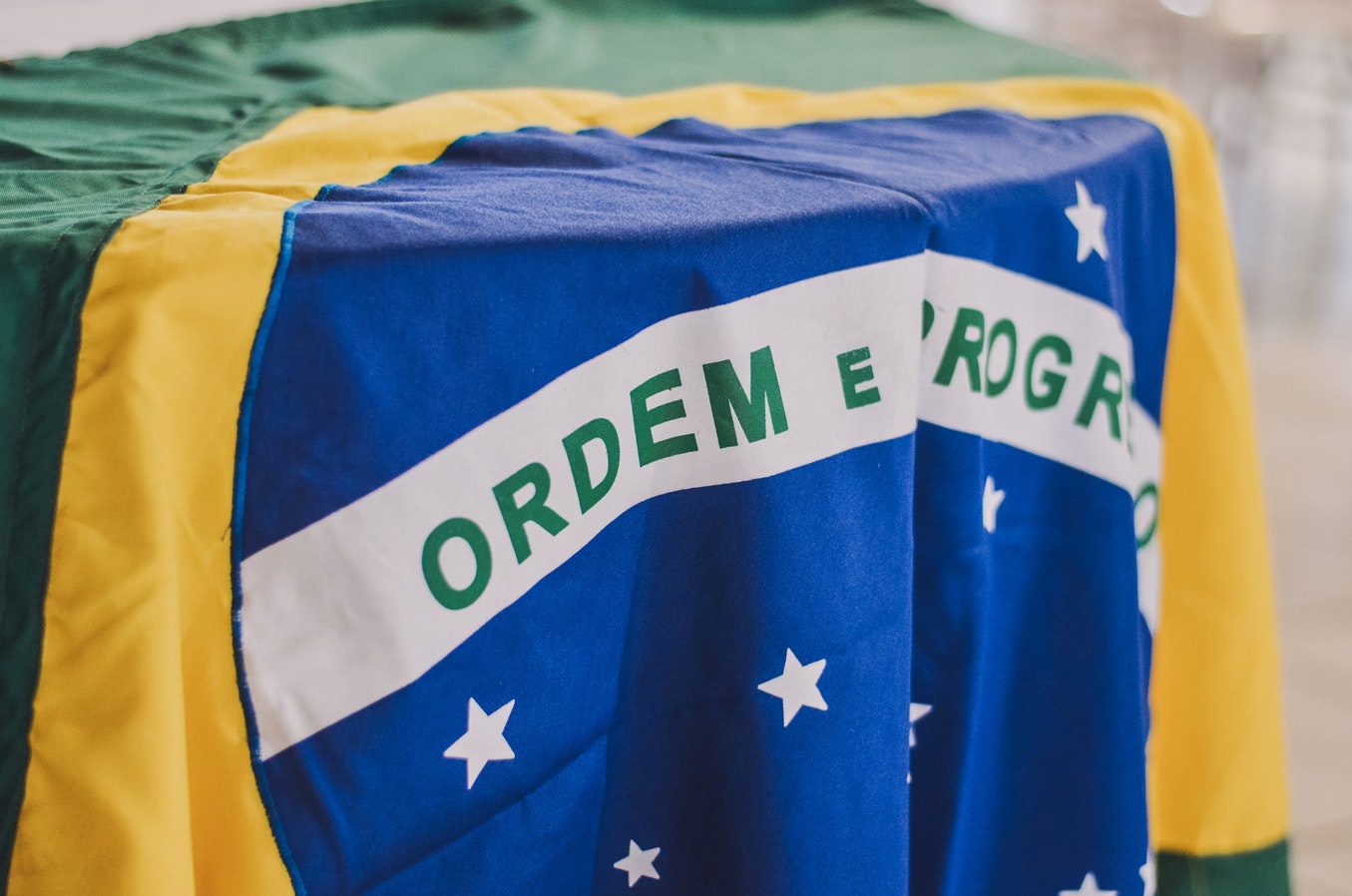European Vs Brazilian Portuguese: Difference To Consider When Targeting Brazil
Brazil leads the list, with a population of 207 million people, making it the largest Portuguese-speaking nation in the world. It’s also the only Latin American country amongst the top 10 biggest e-commerce markets worldwide, and therefore deserves a tailored linguistic approach from those wishing to target it.
Before we look at some of the differences between European and Brazilian Portuguese, it’s important to briefly mention some of the historical elements that made these two variants so different from one another in the first place.
The first thing worth noting is that although Portuguese explorers arrived in Brazil in 1500, Portuguese only became the country’s official language in 1758. By then, a lot of different elements had shaped and changed the language, such as contact with slaves from Africa, as well as with the indigenous people (and their languages). In the 19thcentury, there was also a big influx of Asian immigrants and Europeans who were fleeing the war, which again brought unique elements and a wide array of loanwords to the language.
Below are some of the differences that resulted from this mix:
Tu and Você
The first element to consider when targeting Brazil is tone of voice. Unlike in Portugal, where there is a clear difference between formal and informal, Brazilians use the pronoun “você” in both formal and informal contexts. In Portugal, “você” is used only as a formal means of address, and “tu” is used in informal contexts. In Brazil, if you want to address someone in a strictly formal way, you would either use “Senhor” (Sir) or “Senhora” (Ms).
Gerund verbs
Whenever Brazilians use dynamic verbs to express an action, they use the gerund form (verb + ndo). However, in Portugal, this is expressed with the infinitive preceded by a preposition. If we were to say, “I am making dinner”, this is what it would look like in both variants:
Brazil: Estou preparando o jantar
Portugal: Estou a preparar o jantar
Vocabulary
Although the Portuguese have a better grasp of Brazilian vocabulary due to the popularity of Brazilian music and soap operas in Portugal, the opposite does not apply. Due to limited exposure to the Portuguese language and culture, Brazilians can sometimes struggle to understand European Portuguese. Some examples of differences in vocabulary are:
Brazil is a huge market, with consumers who are eager to purchase international goods at better prices. Therefore, investing in localisation for that market rather than recycling messaging from other Portuguese-speaking markets is essential in order to guarantee brand-authenticity, customer engagement, and drive conversions. Contact us today to find out more about how we can help you localise for Portuguese-speaking markets and more.



